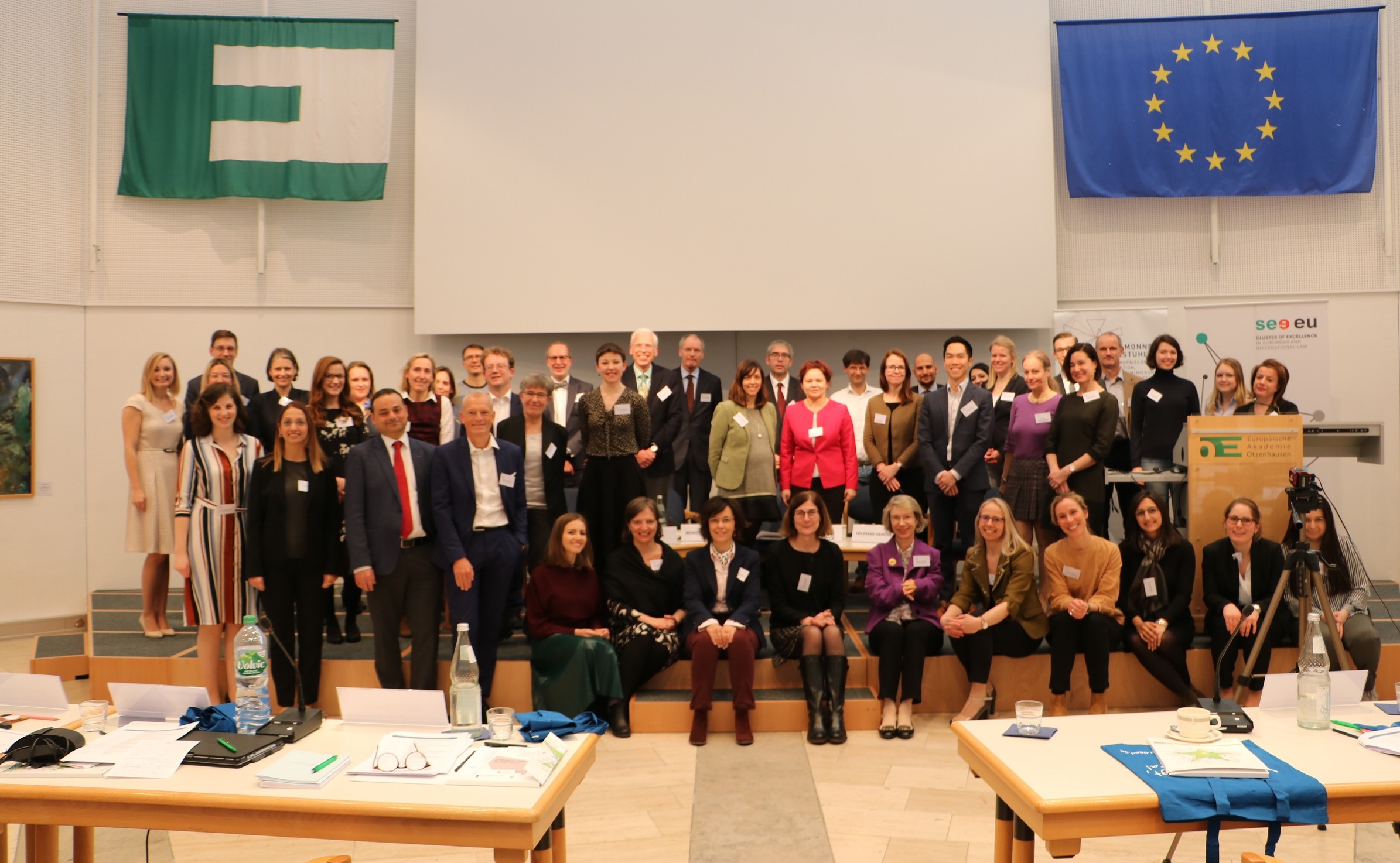
Schlagwort: Jean-Monnet Aktivität

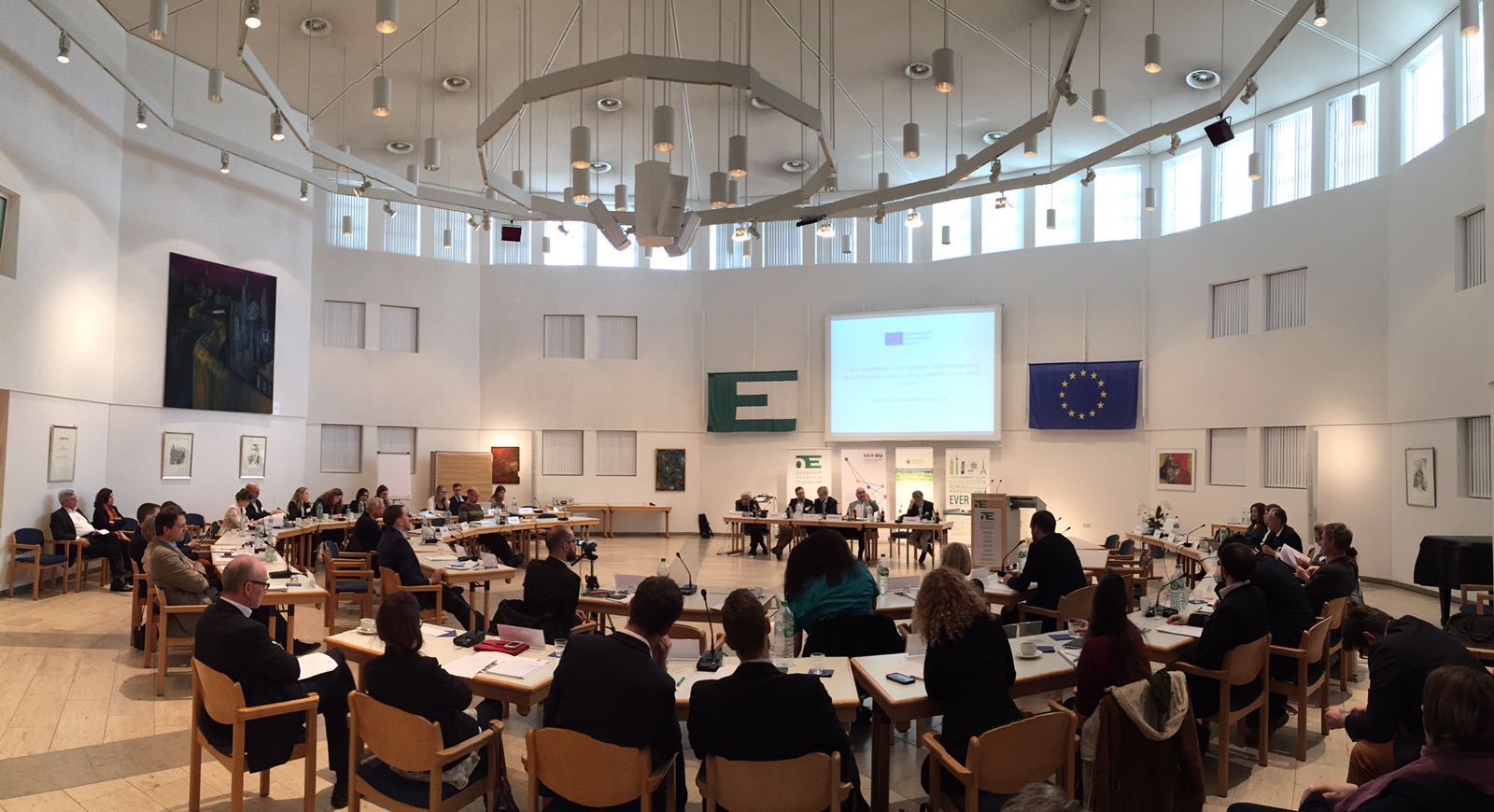
Photo-Gallery of the Jean-Monnet-Symposium: „How much Differentiation and Flexibility can European Integration Bear?“
Selected pictures of the Speakers and Participants of the Jean-Monnet-Symposium: „How much Differentiation and Flexibility can European Integration Bear?“, which took place at the European Academy of Otzenhausen,
Weiterlesen
Video-Recordings of the Jean-Monnet-Symposium: „How much Differentiation and Flexibility can European Integration Bear?“
Friday, 8 April 2016 A. Introductory Comments Prof. Dr. Thomas Giegerich, LL.M. (Europa-Institut, Saarland University): How to Reconcile the Forces of Enlargement and Consolidation in
Weiterlesen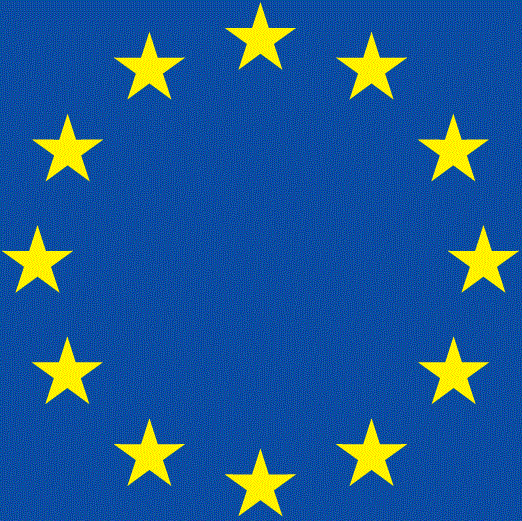
Jean-Monnet-Symposium, 08. und 09. April 2016 – Update
The Jean-Monnet-Chair for European Law and European Integration is currently organizing an international and interdisciplinary conference on the future of European integration, to be held
Weiterlesen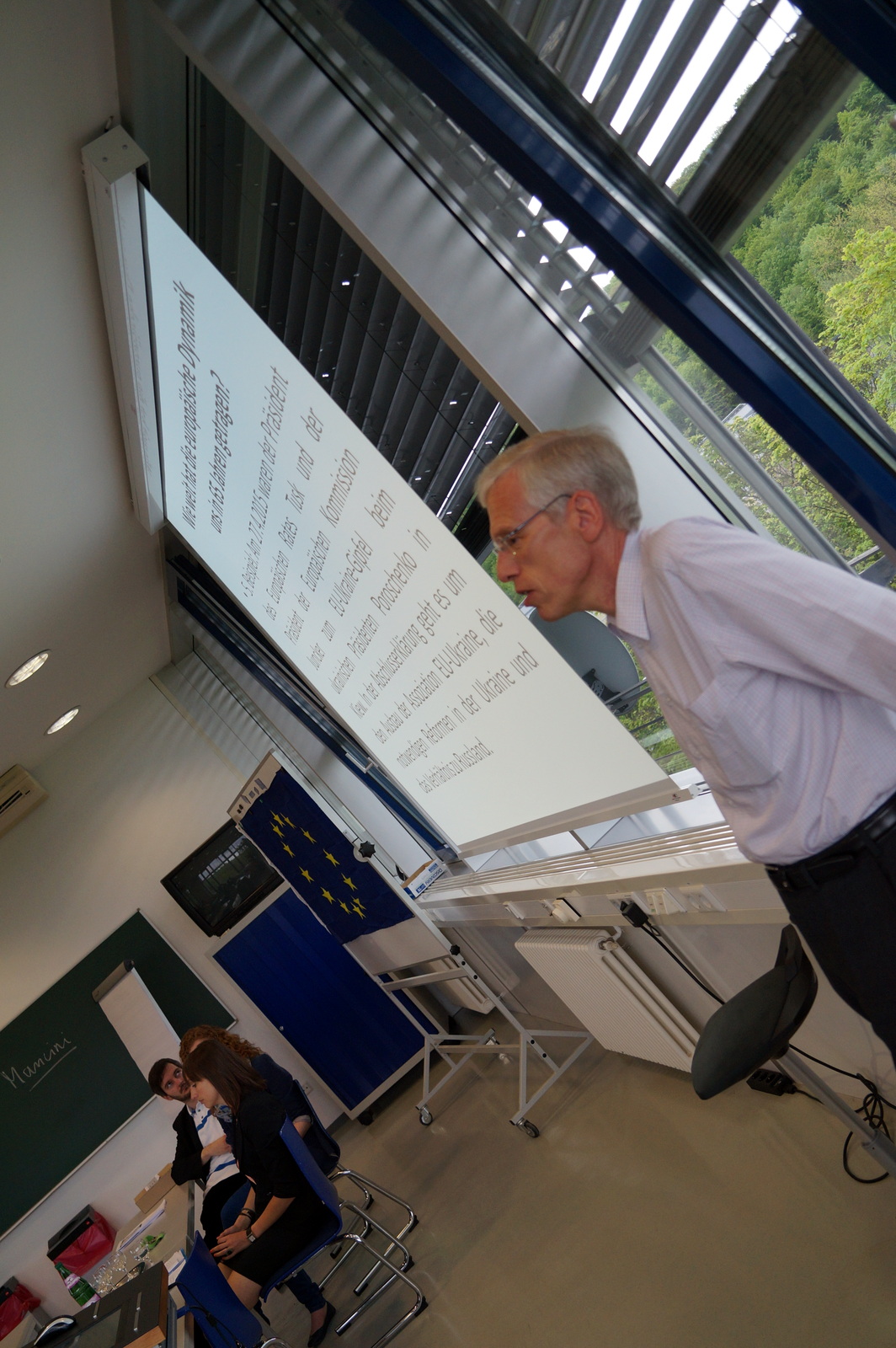
Europa verstehen! Saarländische Oberstufenschüler am Europa-Institut
Jean-Monnet Lehrstuhl von Prof. Dr. Thomas Giegerich ludt saarländische Schüler/innen ans Europa-Institut Den Europatag am 5. 5.2015 nahm der Jean-Monnet Lehrstuhl von Prof. Dr. Thomas
Weiterlesen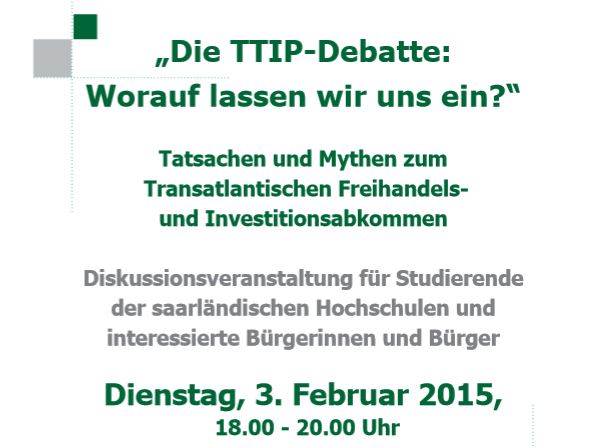
TTIP: Worauf lassen wir uns ein?
Prof. Giegerich nimmt an Diskussion zu Freihandelsabkommen teil Am Dienstag, dem 03.02.2015 um 18 Uhr findet in der Handwerkskammer des Saarlandes in Saarbrücken (Großer Saal,
Weiterlesen